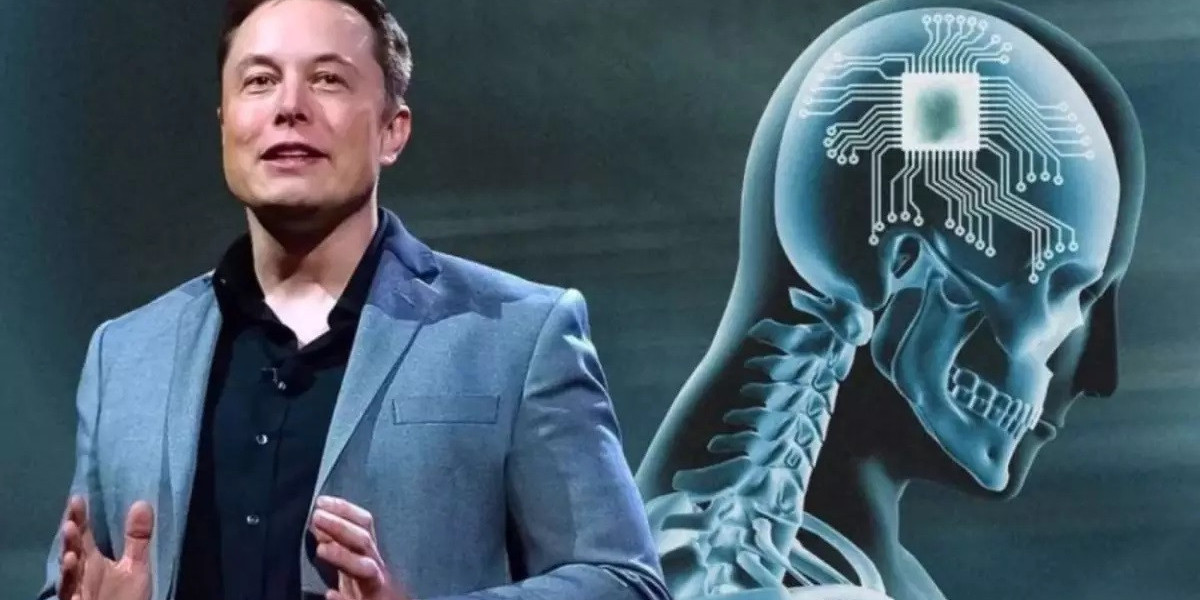Dados do Painel de Informaes do Novo Caged (Cadastro Geral de Empregados e Desempregados), do Ministrio do Trabalho e Emprego, mostram que em 2023 houve um saldo de 642.892 postos formais de trabalho para mulheres no Brasil. Esse nmero representa uma queda de 32% em relao a 2022.
Embora esse monitoramento compile estatsticas de admisses e desligamentos sob o regime da CLT (Consolidao das Leis do Trabalho), ele no abrange o empreendedorismo feminino, um setor em crescimento nos ltimos anos.
Segundo a pesquisa Empreendedorismo Feminino 2022, realizada pelo Sebrae (Servio Brasileiro de Apoio s Micro e Pequenas Empresas), o nmero de mulheres donas de negcios no Brasil chegou a 10,3 milhes, um aumento de 30% em comparao com o ano anterior. As empreendedoras representam 34,4% dos proprietrios de empreendimentos no pas, predominando no setor de servios. Os estados com maior proporo de mulheres frente de empresas so Rio de Janeiro (38%), Cear (38%), So Paulo (37%) e Gois (36%).
O relatrio Global Entrepreneurship Monitor 2020 (GEM) destaca que as brasileiras constituem 46% dos empreendedores iniciais no pas, e 40% delas planejam criar de uma a cinco vagas de emprego.
Presena feminina nas empresas
A crescente participao das mulheres no mercado de trabalho reflete a importncia de iniciativas que ampliem sua presena nas empresas, tanto por meio do empreendedorismo quanto do emprego formalizado. Em setores como tecnologia e contabilidade, a empresa Agilize, primeira contabilidade online do Brasil, exemplifica essa tendncia, com 68% de suas colaboradoras sendo mulheres e 51% ocupando cargos de liderana.
Desafios e igualdade salarial
A igualdade salarial entre mulheres e homens permanece um desafio significativo. O relatrio People at Work 2023: A Global Workforce View, do ADP Research Institute, revelou que, em 2022, as promoes salariais para homens foram, em mdia, de 6,7%, comparadas a 6% para mulheres. Alm disso, um levantamento do Dieese (Departamento Intersindical de Estatstica e Estudos Socioeconmicos) mostrou que o rendimento mdio mensal das mulheres era 21% menor do que o dos homens.
Para enfrentar essa disparidade, a Lei 14.611/23 foi sancionada recentemente, assegurando igualdade de salrio entre mulheres e homens na mesma funo ou por trabalho de igual valor, alm de estabelecer mecanismos de transparncia e sanes administrativas.
Planejamento orientado pelo SEBRAE
Para as mulheres que desejam comear a empreender, o Sebrae oferece um importante apoio. O planejamento essencial, e o Sebrae pode guiar esse processo em diversas etapas:
- Pesquisa de Mercado: Entender o mercado e identificar oportunidades.
- Plano de Negcios: Estruturar um plano que inclua objetivos, estratgias, anlise financeira e projees.
- Formalizao: Orientar sobre a escolha da estrutura jurdica adequada e o processo de formalizao do negcio.
- Capacitao: Oferecer cursos e workshops para desenvolver habilidades empresariais e de gesto.
- Apoio Financeiro: Auxiliar na obteno de financiamentos e na gesto financeira do negcio.
- Networking: Promover a conexo com outras empreendedoras e potenciais parceiros.
Apesar dos desafios, a presena feminina no empreendedorismo brasileiro est em ascenso. A combinao de apoio institucional, como o oferecido pelo Sebrae, e iniciativas legais para garantir a igualdade salarial, contribui para um ambiente mais inclusivo e propcio ao crescimento dos negcios liderados por mulheres.
Conhea a Fuvir.com
Desperte seu potencial com a Fuvir.com, a rede social voltada para negcios e networking! Estamos em fase beta test e convidamos voc a se cadastrar gratuitamente. Participe de comunidades, junte-se a grupos de interesse e acompanhe nosso blog para ficar sempre atualizado. Visite-nos hoje mesmo e descubra um novo universo de possibilidades!








